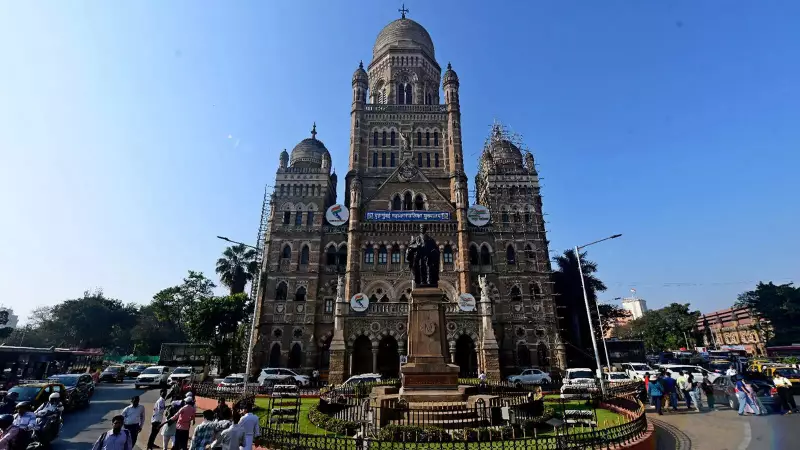
In the bustling financial capital of India, the position of Mumbai's mayor appears more decorative than decisive. While the city grapples with massive urban challenges, the mayor's office holds limited executive power, raising questions about the effectiveness of the current governance model.
The Figurehead Phenomenon
The Mumbai mayor primarily serves ceremonial functions, with real administrative authority resting with the municipal commissioner. This division creates a peculiar power dynamic where the elected representative lacks direct control over the city's administration.
New York City: A Study in Mayoral Power
Across the oceans, New York City presents a stark contrast. The NYC mayor wields substantial executive authority, directly controlling the city's budget, police department, and education system. This centralized power structure enables quicker decision-making and clearer accountability.
Mumbai's Governance Challenges
The current system in Mumbai faces several critical issues:
- Fragmented decision-making between elected officials and bureaucrats
- Delayed implementation of development projects
- Lack of clear accountability for civic issues
- Political interference in administrative matters
The Case for Reform
Urban experts argue that adopting a stronger mayoral system could transform Mumbai's governance. A empowered mayor could:
- Streamline decision-making processes
- Ensure better coordination between departments
- Provide clear leadership during crises
- Drive long-term vision for city development
Political and Administrative Hurdles
However, transitioning to a NYC-style model faces significant obstacles. The existing political structure, bureaucratic resistance, and constitutional frameworks present substantial challenges to comprehensive reform.
The Way Forward
As Mumbai continues to grow as a global economic hub, the debate around governance models intensifies. Whether the city should embrace a more powerful mayoral system remains one of the most crucial questions for its future development and global competitiveness.
The discussion highlights the ongoing evolution of urban governance in Indian cities and the search for models that can effectively address 21st-century metropolitan challenges.






